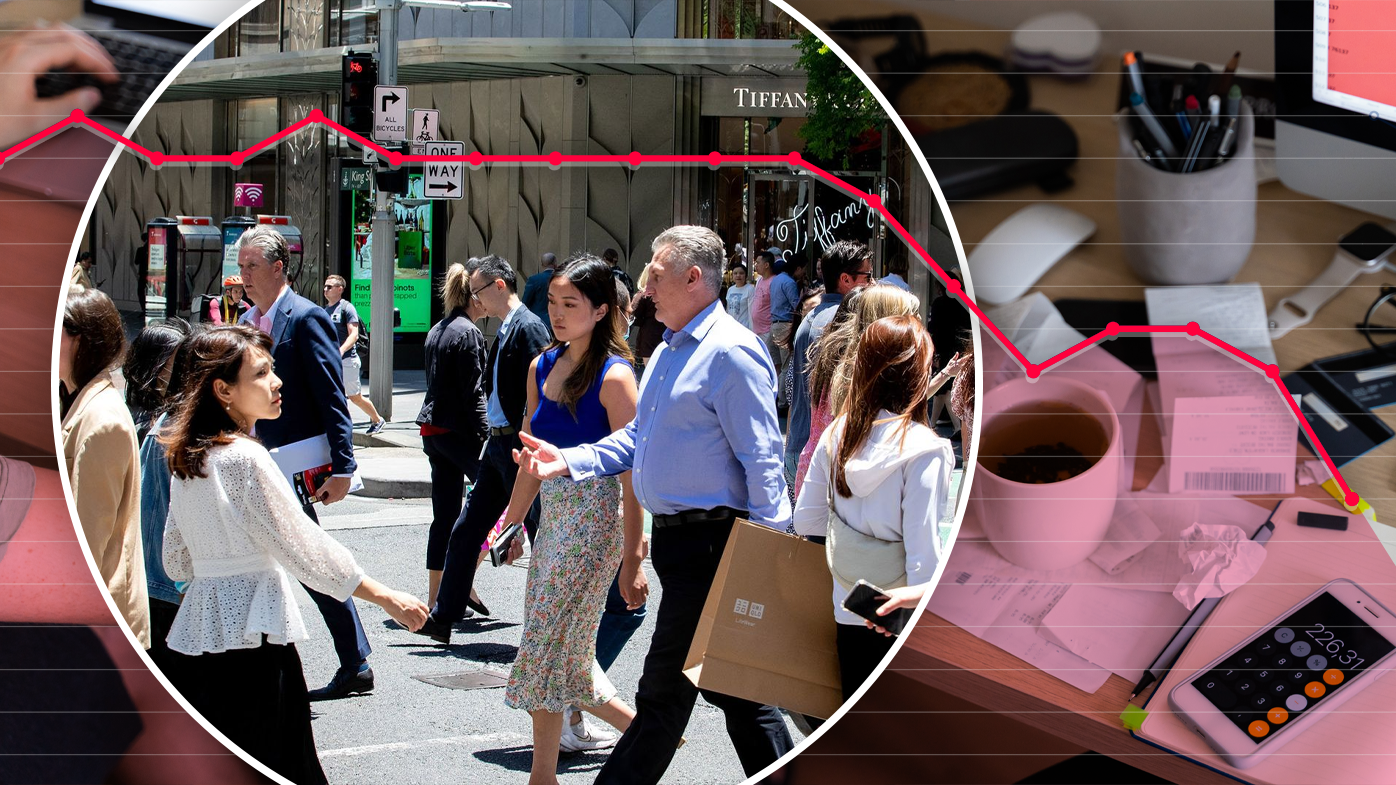
Interest rates were cut this week, but there's good reason the politicians and economists weren't thrilled about it.
Productivity: it's the crucial economic principle that has helped propel Australians into some of the best living standards in the world.
But even as politicians and economists discuss it more and more, ahead of the federal government's crucial upcoming roundtable, it's something that many people still don't quite understand.
So what actually is productivity, and why are experts so concerned with it at the moment? This is what you need to know.
READ MORE: New move that could be a 'death blow' to Aussie businesses
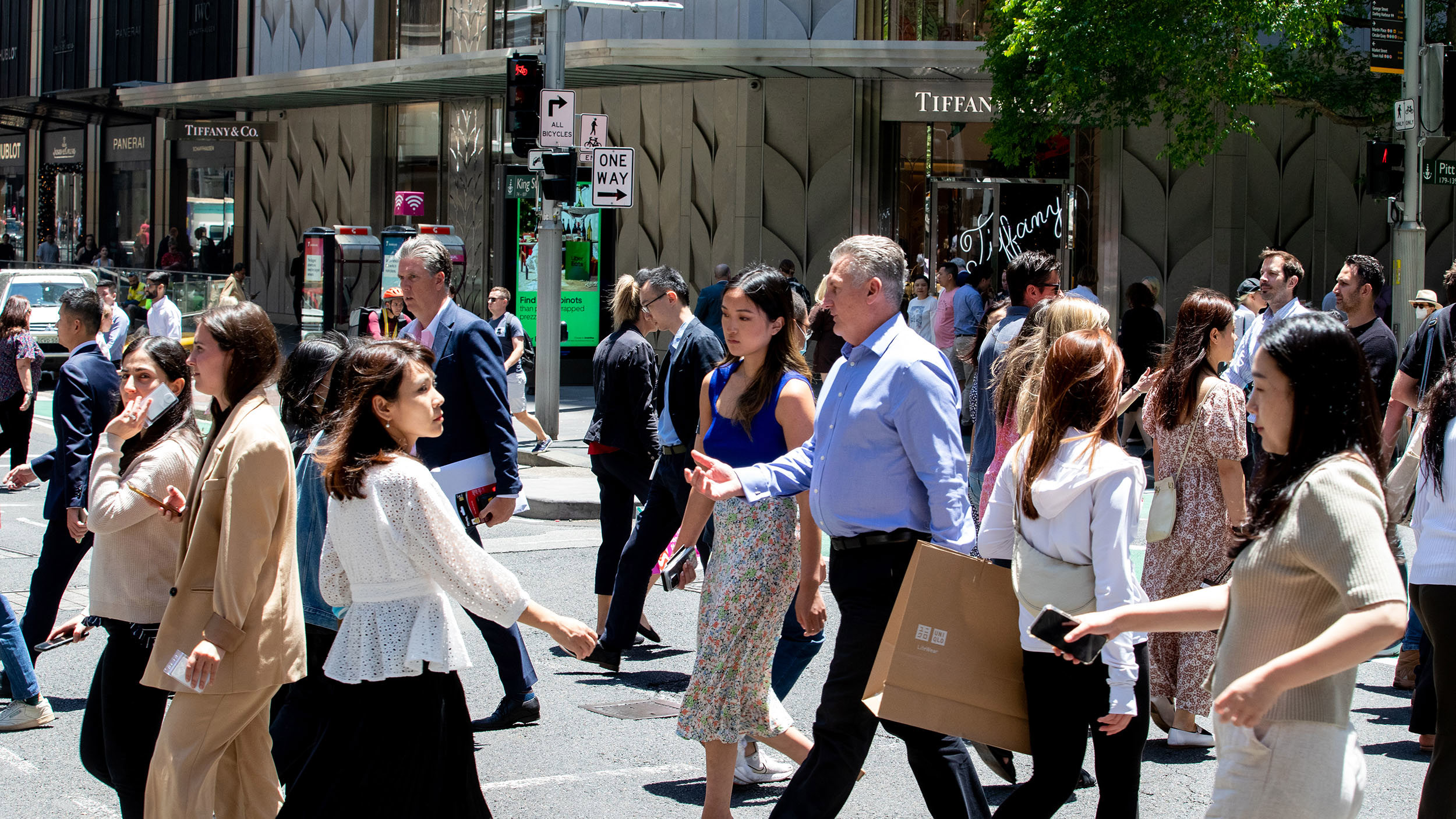
What is productivity?
Think of productivity as working smarter, not harder.
Economically speaking, productivity is the amount of output you get from a set of inputs.
Inputs are things like labour – often measured as the number of employees or number of hours worked – and capital, while output is the amount of goods and services produced.
For a basic example, let's say a fast food outlet employs five staff, who work a combined 200 hours per week, and produces 5000 burgers over the course of that week. Its productivity would be 25 burgers per hour worked.
So, put super simply, productivity is how much stuff you get from a set amount of effort.
READ MORE: There are set to be big changes to travel in Europe. How will this affect you?
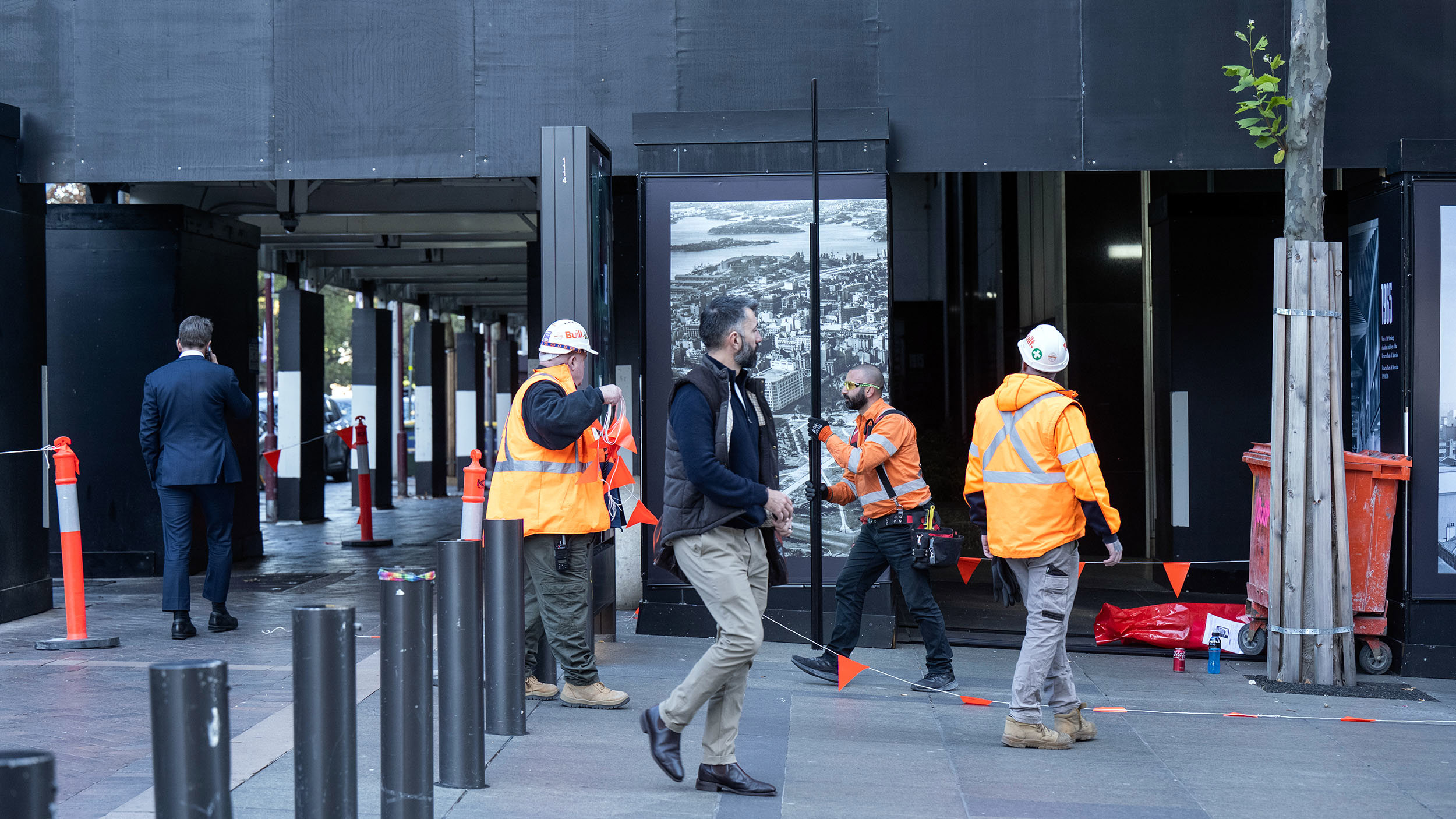
Is productivity falling in Australia?
Productivity itself isn't falling, but productivity growth is most certainly on the decline in Australia.
The Australian Bureau of Statistics' (ABS) main, top-line measure of productivity growth has fallen substantially in recent years.
In 2022-23, the 20-year average annual growth rate had fallen to 0.9 per cent, down from 1.2 per cent the year before and just half of the 1.8 per cent it was in 2003-04.
It's important to note this problem isn't unique to Australia; just about every developed country is experiencing slowing productivity.
READ MORE: Commonwealth Bank posts record $10.25 billion profit
Why does that matter?
Improved productivity is responsible for Australians' improved living standards.
It leads to higher wages, more (and cheaper and better-quality) goods and services available, bigger profits for businesses, and overall economic growth.
It also even paves the way for more leisure time; according to the Productivity Commission, the average Australian now spends five fewer hours at work every week than in 1960 due to better productivity.
But if growth continues to slow, it puts all those benefits at risk.
READ MORE: RBA hints even more relief on the way after long-awaited rate cut
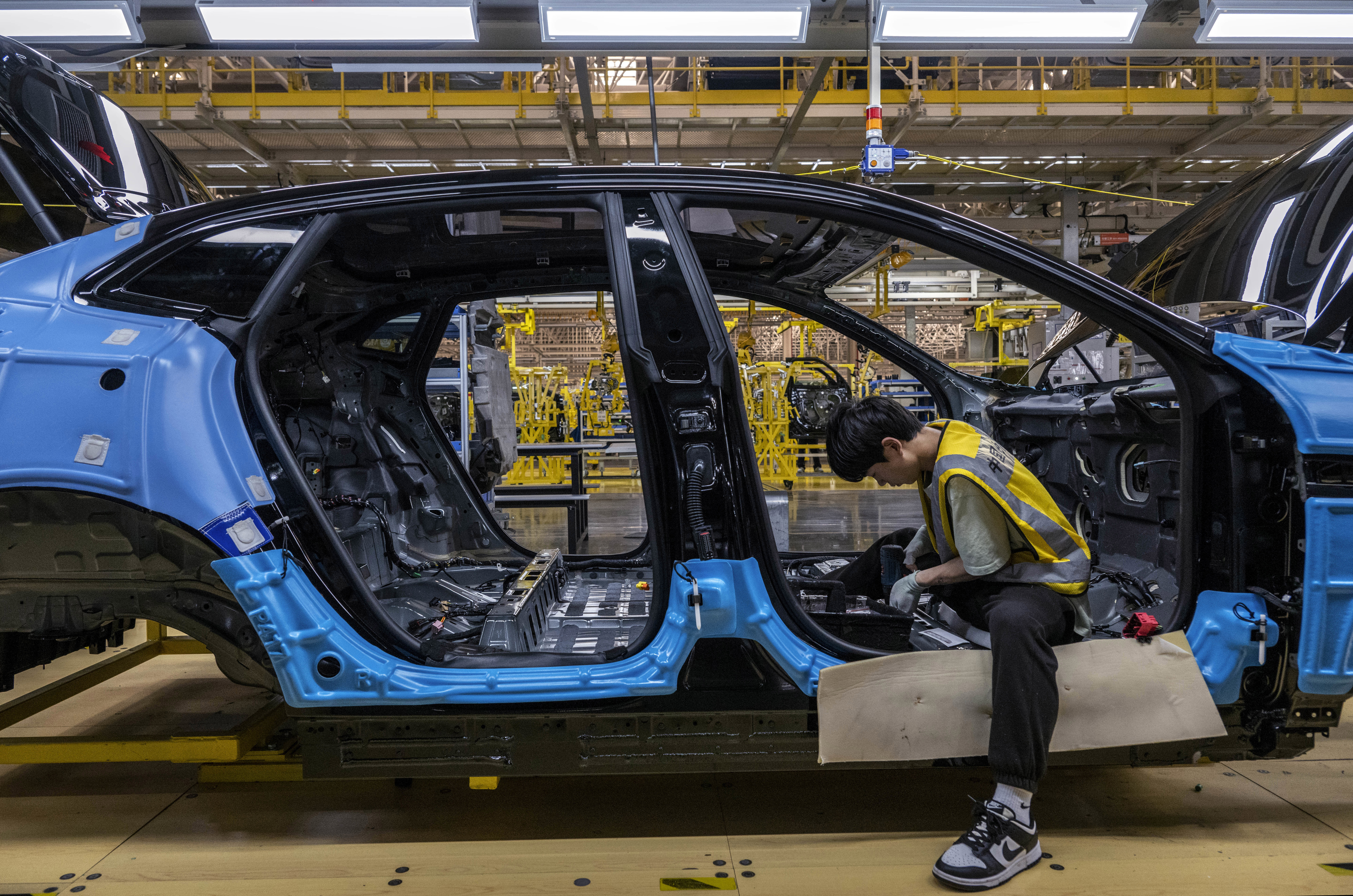
To put a dollar figure on it, the Productivity Commission estimates that full-time workers will be $14,000 a year worse off by 2035 if Australia can't rediscover its previous growth and instead continues on its current trend.
"The implications of that, I think, are already being felt," RBA Governor Michele Bullock said on August 12.
"Real wages are not rising by very much, because that's the implication of slow productivity growth is that real wages can't grow as quickly.
"If we can get productivity growth up, that will allow for more growth in real wages, which is ultimately good for Australians."
READ MORE: New GST proposal would increase tax rate but include a $3300-a-year sweetener

So why is everyone talking about it now?
While economists have been discussing productivity for decades – the Productivity Commission was established in the late '90s – a few developments have thrust it very firmly into the public eye.
Most recently, the Reserve Bank downgraded its productivity growth forecasts from 1 to 0.7 per cent per year over the medium term.
That came a week out from the federal government's productivity roundtable (officially the Economic Reform Roundtable), which was announced by Prime Minister Anthony Albanese in June.
READ MORE: National push for teachers to use AI in Aussie schools
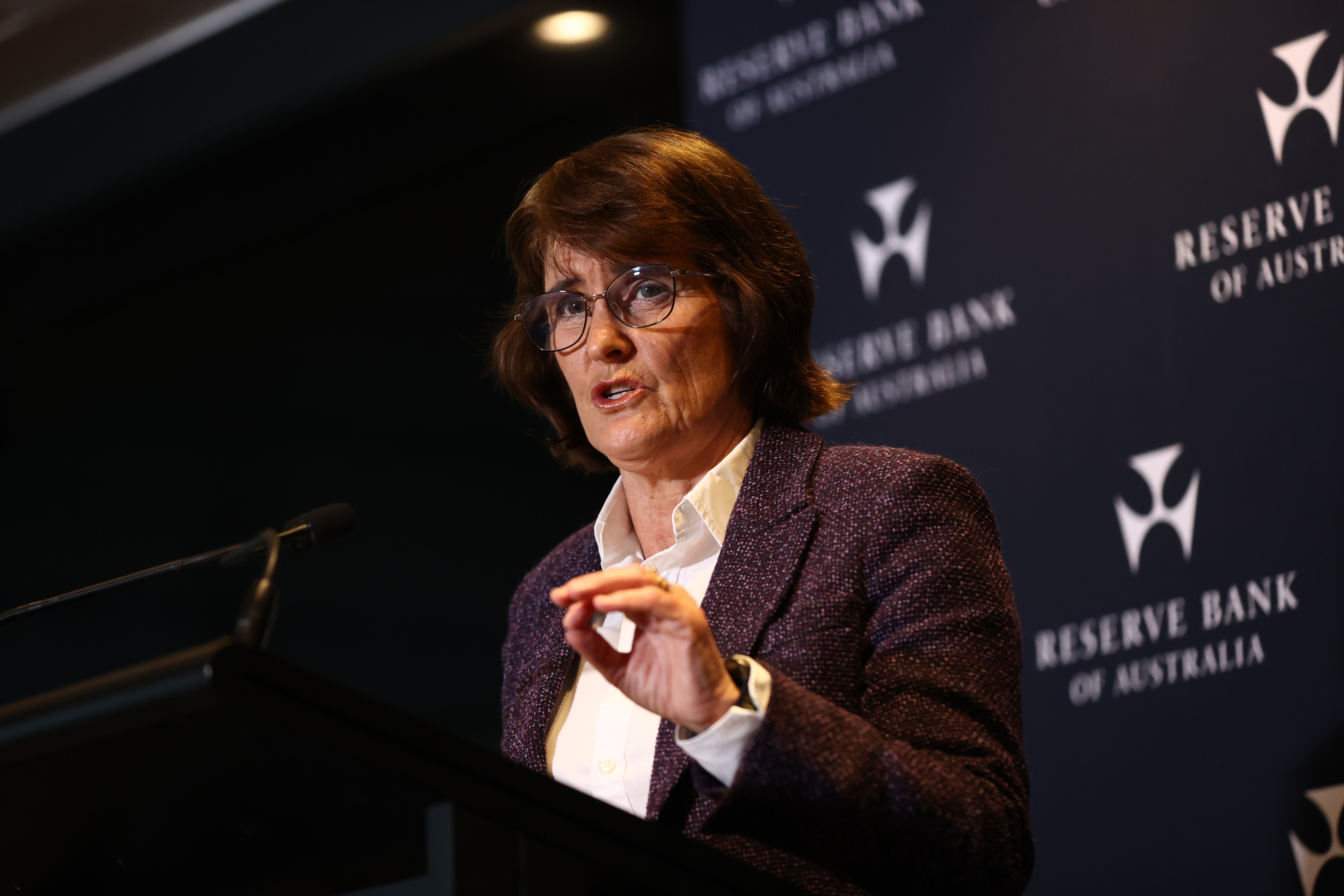
What's the deal with the government's productivity roundtable?
The roundtable, to be held from August 19-21 in Canberra, will be a three-day discussion involving business and union leaders about how to address stagnating productivity growth.
Many of the ideas put forward ahead of the summit have focused on tax (although AI, regulation, and even a four-day working week have also been discussed), following these comments made by Treasurer Jim Chalmers in June.
"No sensible progress can be made on productivity, resilience or budget sustainability without proper consideration of more tax reform," he told the National Press Club.
"I don't just accept that, I welcome it. Tax is one of many ways our three primary economic challenges are related."
READ MORE: Australia's big four banks announce rate cut plans after RBA decision
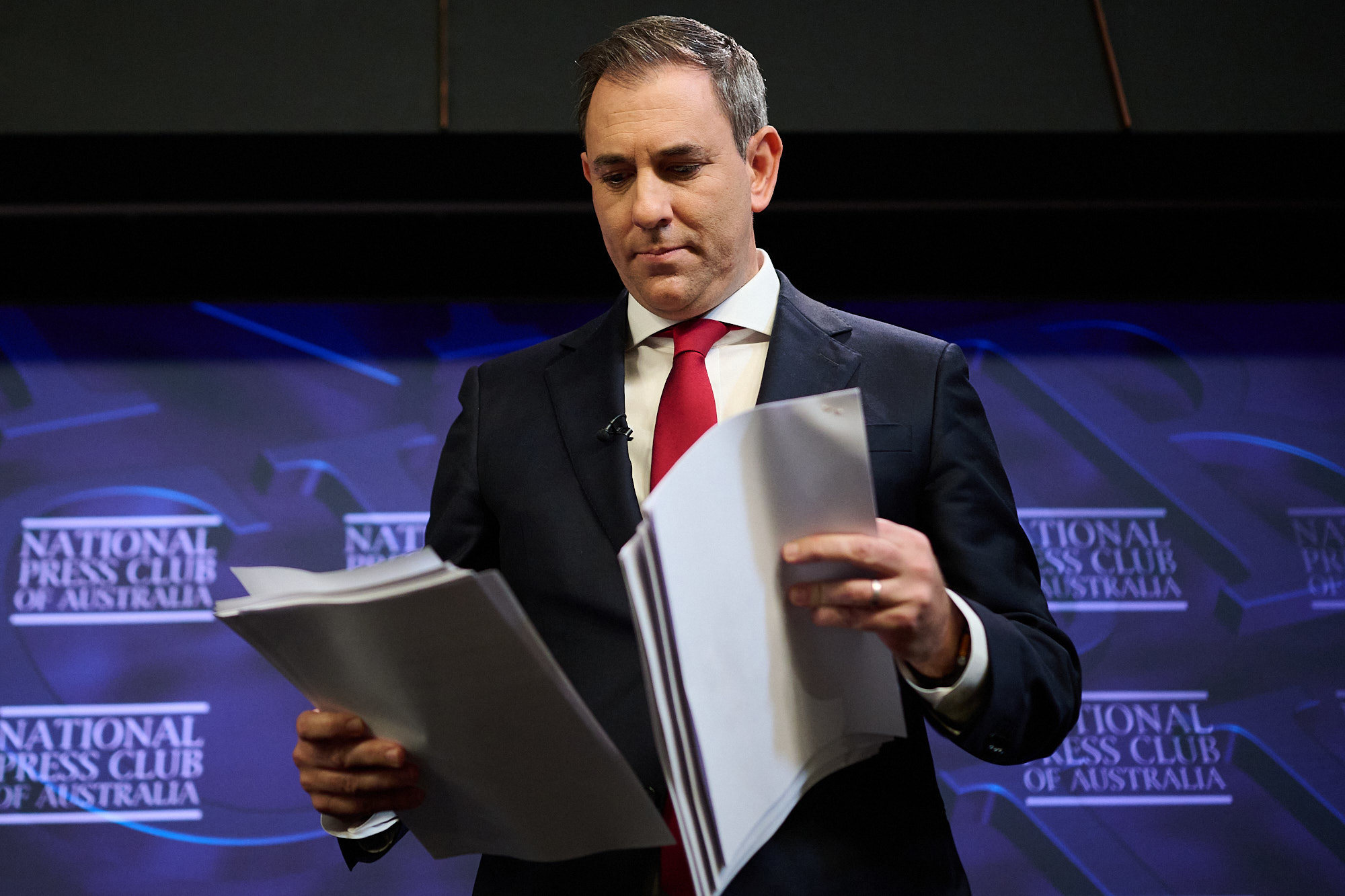
Will anything come out of it?
That's the trillion-dollar question.
Albanese has been giving mixed messages, at one point ruling out any new tax reform ("the only tax policy that we're implementing is the one that we took to the election") and reminding everyone that he and his ministers get final say on any productivity solutions ("governments make government policy").
But the prime minister has also welcomed the glut of proposals he and Chalmers have been presented with, and has insisted he's "up for big reform" – although it might be something he takes to the next election in 2028.
"We're up for discussion, and one of the things I said very clearly was we weren't going to get into the rule-in, rule-out game," he told ABC radio.
"We have a big agenda. We were elected with a clear mandate on May 3. That's our priority, delivering on that.
"But we're also up for ideas and we're up for things that can be done immediately. If they will improve the economy, then of course we'll give it consideration."
EXPLAINED: Why experts want to raise the GST
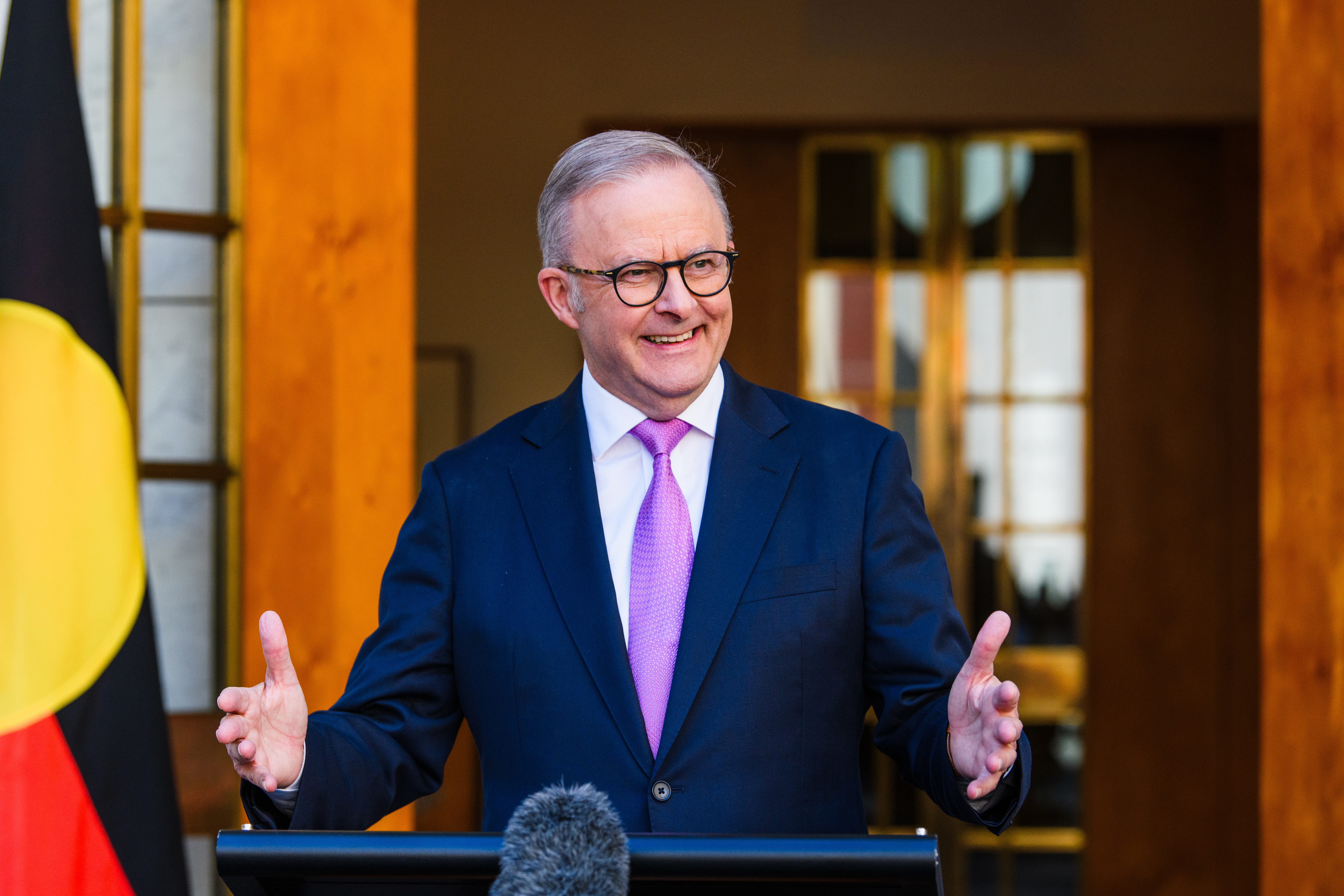
Respected economist Richard Holden, who along with independent MP Kate Chaney proposed a revised GST model for the roundtable, said it was crucial that proper reform does come out of the summit.
"That's the question: is the upcoming August 19 roundtable going to be a moment for genuinely thinking about bold ideas?" he said.
"Or is it going to be another one of these pro-forma... we have three days, we'll put out a press release and we go back to normal?
"I hope it's the former."
DOWNLOAD THE 9NEWS APP: Stay across all the latest in breaking news, sport, politics and the weather via our news app and get notifications sent straight to your smartphone. Available on the Apple App Store and Google Play.
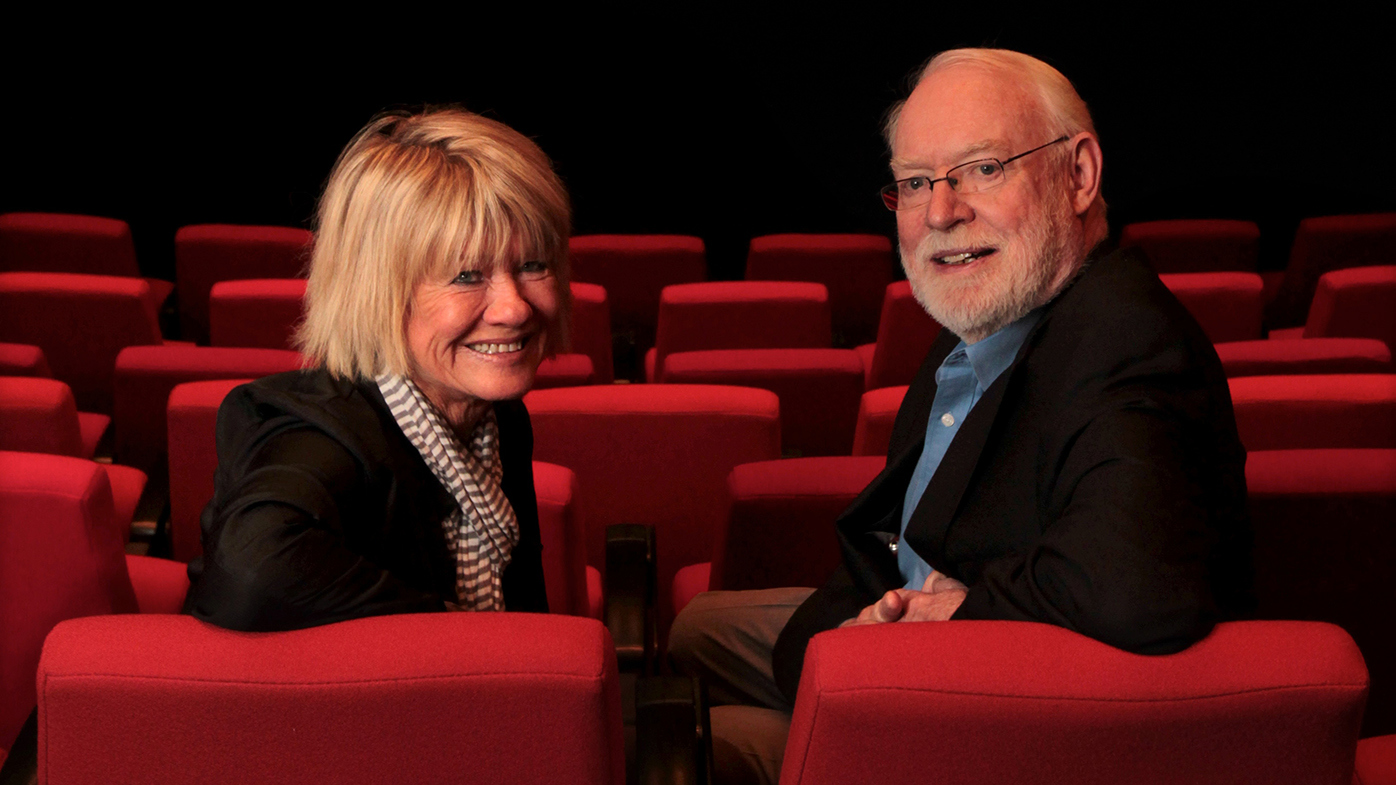 Beloved film critic David Stratton dies aged 85
Beloved film critic David Stratton dies aged 85
 Kids face accused murderer 31 years after mum died
Kids face accused murderer 31 years after mum died
 Father-of-two critically injured in suspected road rage incident
Father-of-two critically injured in suspected road rage incident
 Melania Trump threatens to sue Hunter Biden over Epstein claim
Melania Trump threatens to sue Hunter Biden over Epstein claim
 Former footballer sentenced over crash that killed partner, seriously injured woman
Former footballer sentenced over crash that killed partner, seriously injured woman
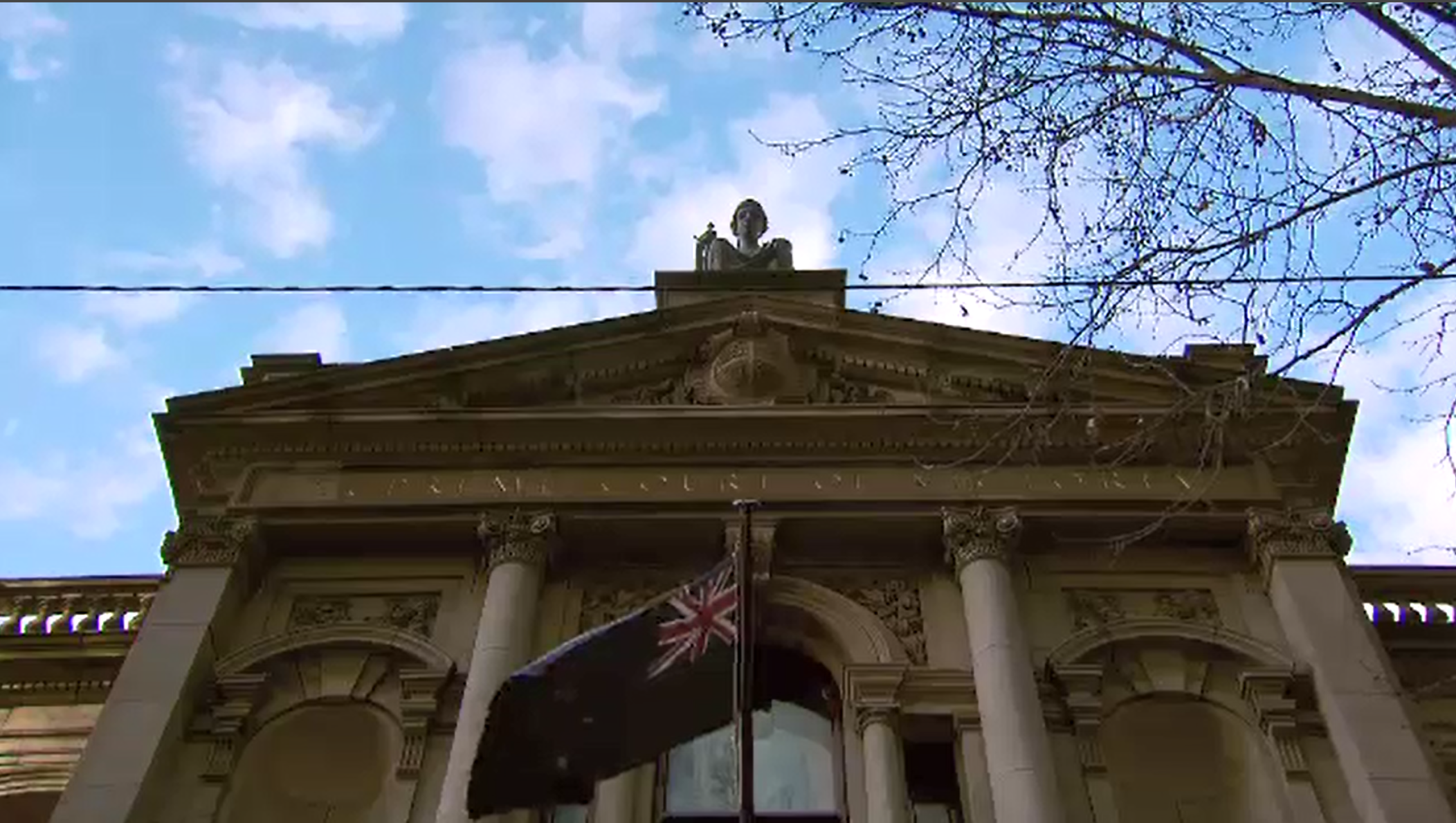 Judge sprays lawyers for filing error-riddled AI papers during murder hearing
Judge sprays lawyers for filing error-riddled AI papers during murder hearing
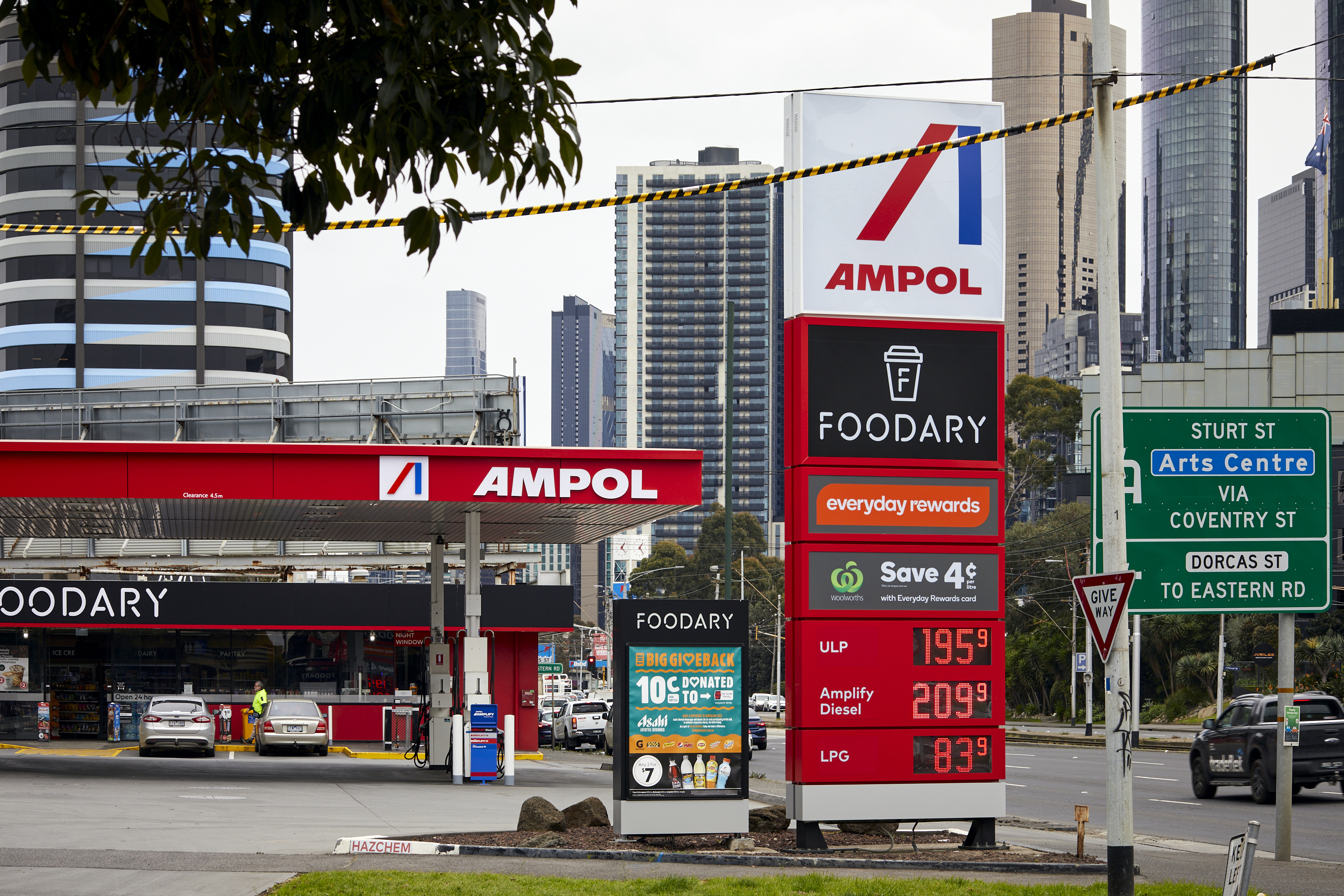 Popular Aussie servos set for $1.1 billion takeover
Popular Aussie servos set for $1.1 billion takeover
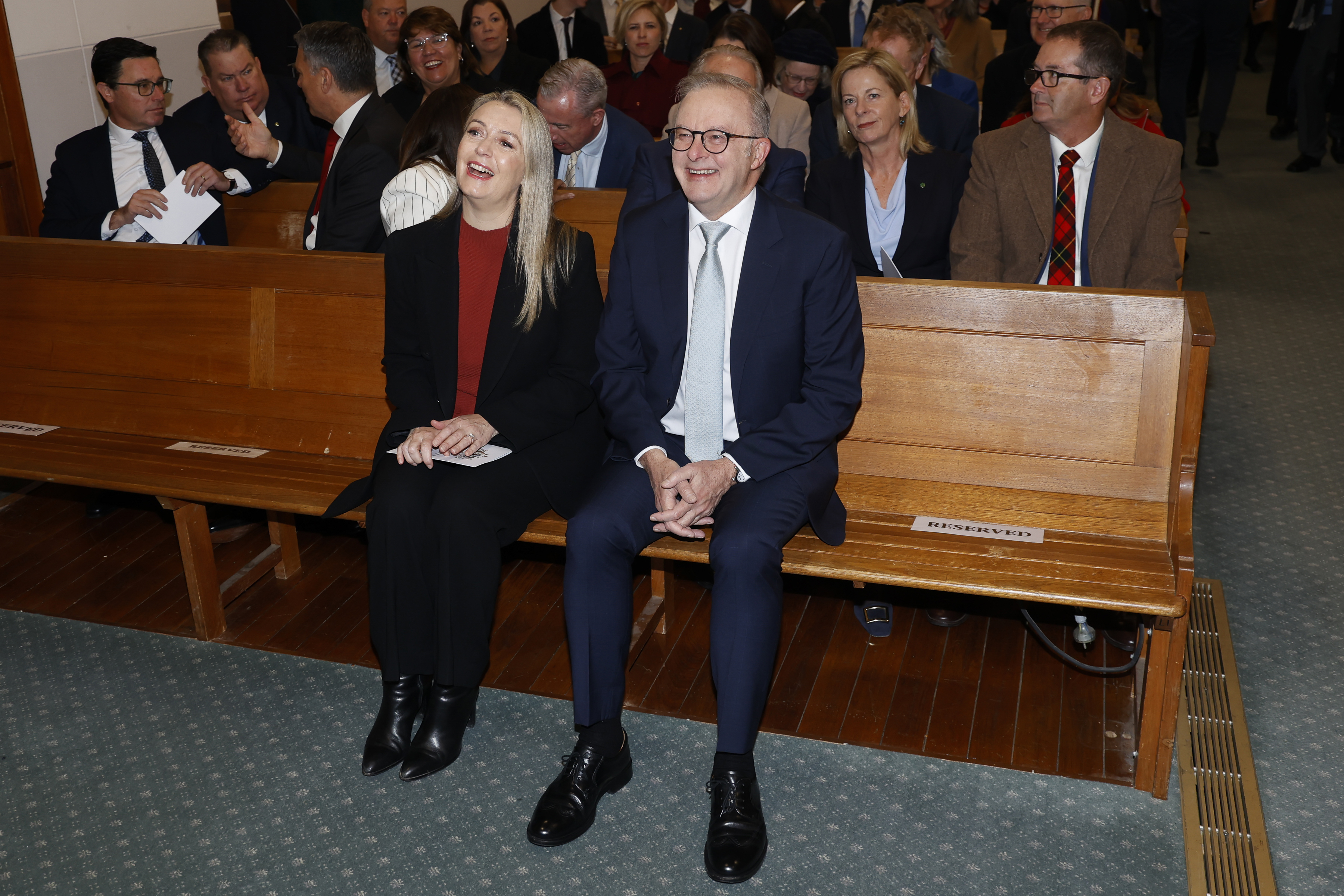 No world leaders allowed: Albanese reveals new details about wedding
No world leaders allowed: Albanese reveals new details about wedding
 Aussie mums ditching 'traditional' jobs for booming side hustle
Aussie mums ditching 'traditional' jobs for booming side hustle
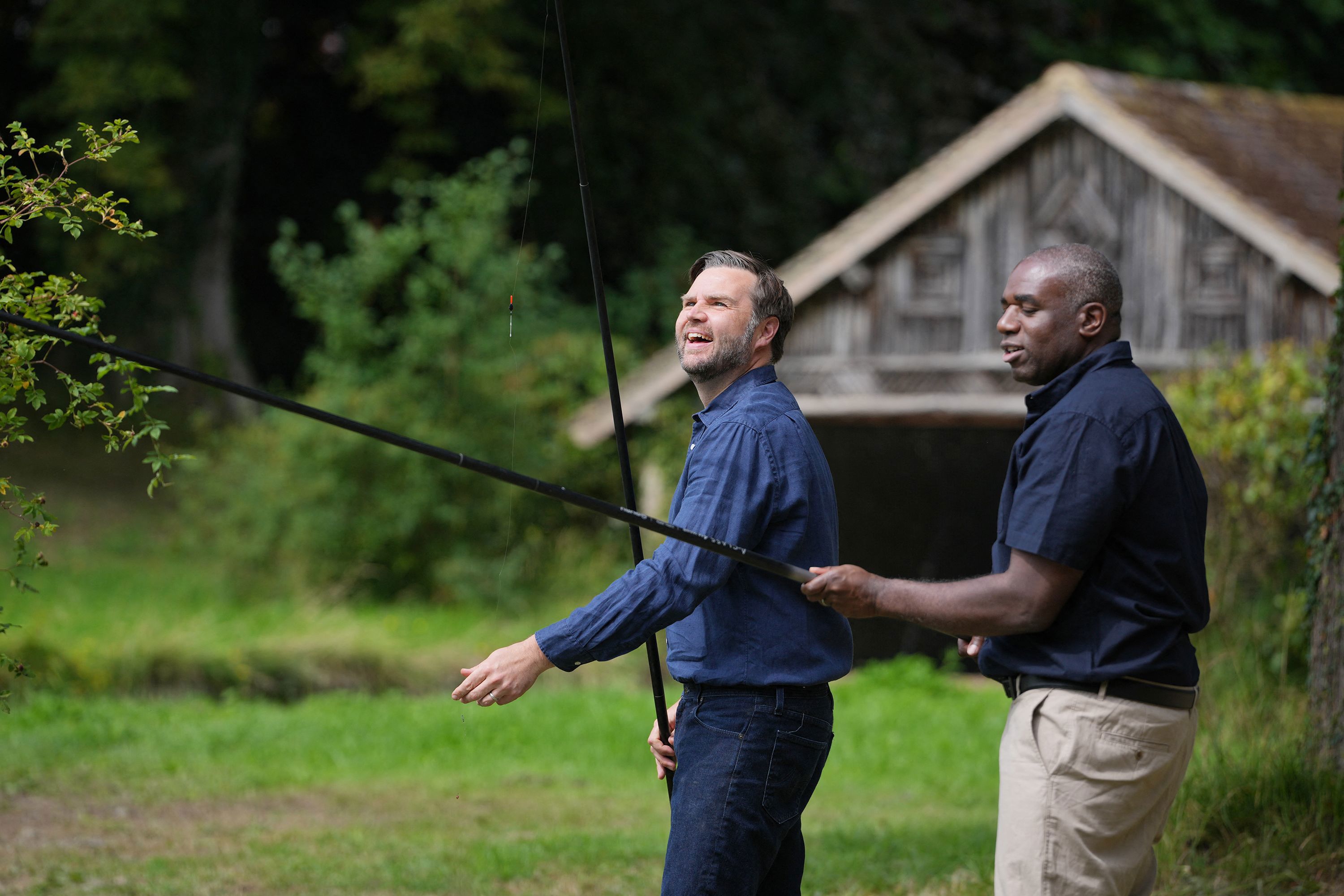 Why Britain's foreign minister could be fined for fishing with the US vice president
Why Britain's foreign minister could be fined for fishing with the US vice president
 Experts reveal why the famous Easter Island monument could be at risk
Experts reveal why the famous Easter Island monument could be at risk
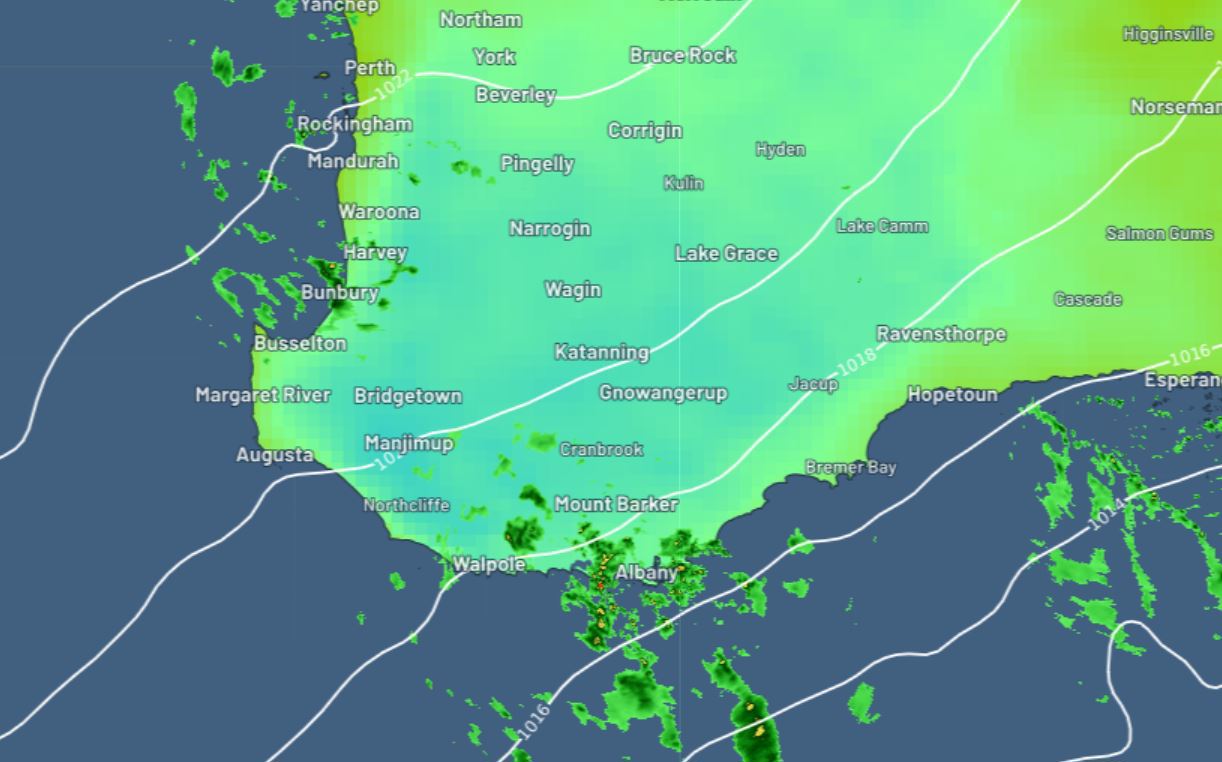 Wet winter in Aussie capital forecast to break almost 30-year record
Wet winter in Aussie capital forecast to break almost 30-year record
 Taylor Swift reveals the image millions of people have been waiting for
Taylor Swift reveals the image millions of people have been waiting for
 Australia's favourite supermarket crowned as shopping costs surge
Australia's favourite supermarket crowned as shopping costs surge
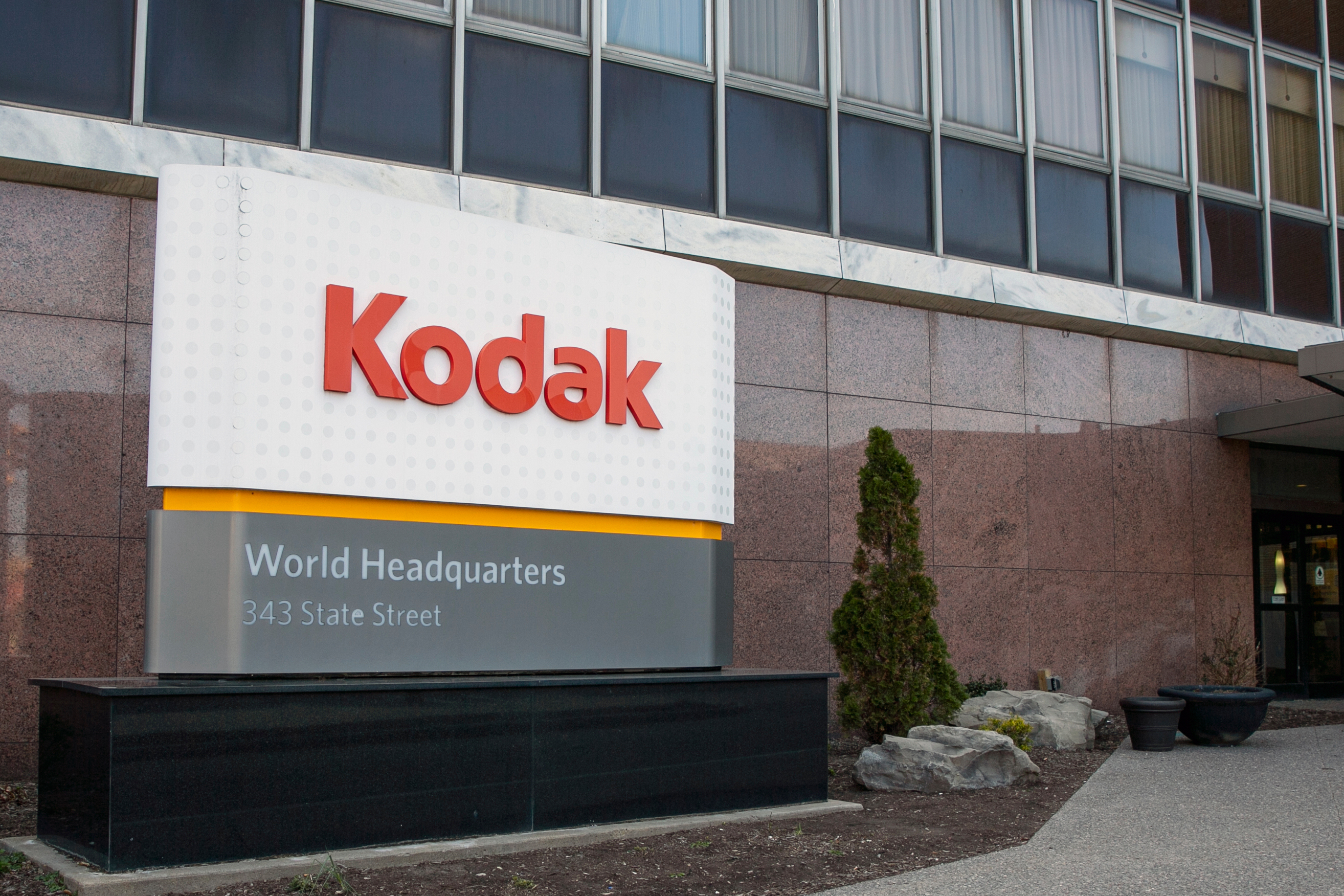 Why a once-giant camera company may soon cease operations
Why a once-giant camera company may soon cease operations






